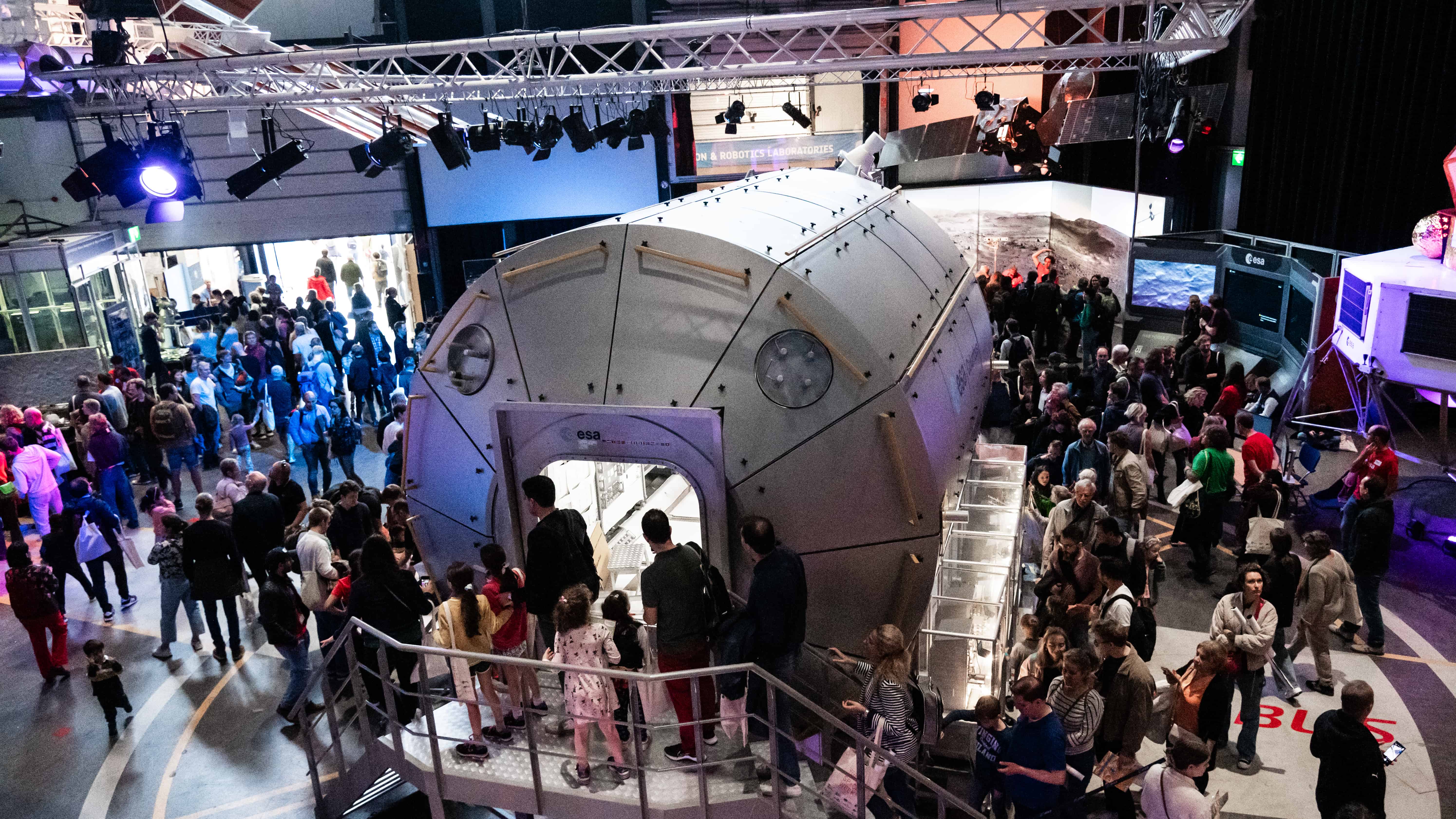
In early December, the Dutch city of Eindhoven will host the annual World Open Innovation Conference. With the theme “Building Successful Ecosystems Through Open Innovation,” the organization wants to draw attention to what open innovation can do to build successful ecosystems. This is an interesting theme for two reasons. On the one hand, because the Netherlands prides itself on having built a successful ecosystem through open innovation and on the other hand because this principle has been under enormous pressure recently.
It seems that our society gets more stress and discomfort with each new cross-border contact. Examples? A Chinese cultural institute in Dutch cities, non-Western researchers at our technical universities, Syrian employees at ASML, a campus sold to an American (or Singaporean?) investor, high-tech machines for a customer in China. We want to stay far away from any suspicious activity, but what are the consequences?
Innovation thrives on shared knowledge, collaboration, and on openness. This applies to both the academic world and to that of (high-tech) entrepreneurship. Hardly anyone disagrees with the principle, but our political reality is often at odds with it. One incident can be enough to shed doubt on a system that in itself is functioning well. Two such incidents and the whole system goes down the drain.
Tough talk
Because politicians from left to right do not like to be seen as naive, tough talk is the means to keep their supporters on a leash. And so they speak out against Confucius institutes and put an end to our Neso office in Moscow. They get angry when an Eindhoven high-tech business park ends up in foreign hands and show understanding when a trading partner prohibits the soon-to-be largest company in Europe from selling their machines to China. They remain silent when a technical talent from a war zone is denied a job at the same company and they see every Asian at a Dutch university as a national risk. The result is an atmosphere that makes any substantive cooperation suspicious which, in the end, benefits no one.
Don’t get me wrong: we need to speak out loud about injustice. The Dutch history as a slave trader does not deprive us of the right to call upon other countries when it comes to human rights. We do not have to keep quiet about the danger of ‘our’ unique knowledge ending up in foreign hands because we ourselves have been stealing it everywhere for decades. Nor should we be silent about the negative consequences of foreign big tech for our national security, while our own big trade organizations all over the world have drained the earth.
Human rights
We must continue to speak out about violated human rights and theft of valuable knowledge, both toward regimes that look nothing like our democratic ideal and toward our Western allies. We would do well to remain in constant dialogue, simply because deep down we know that democratic principles that are performed well can be a good condition for a fine society. But let’s not forget that amidst that political playing field, countries can also make their own choices – and this doesn’t immediately say everything about the value of human activity on the ground. Specifically, whatever the regime decides, the lives of individual Russians, Chinese, Americans, Nigerians, Syrians, and Dutch, as well as those of all other countries, can still benefit greatly from relationships that are as open as possible. Free exchange of ideas, people, and goods: it helps humanity move forward.
This kind of plea invariably gets the label of naivety. But that accusation is often a fallacy to disguise hypocrisy. It is often packaged as a jest: hey, if the other country doesn’t help us either, why should we play the fool? The answer is simple: because we can all benefit. Cross-border academic cooperation (including students moving around the world) is important to take our knowledge and that of our partners to greater heights. Cultural exchange helps us understand each other better. Unrestricted movement of talent makes both those individuals and their employers stronger. And the performance of any investor – foreign or domestic – is always more important than their origins.
We have to fight the excesses of all these activities that are relevant in themselves, but by labeling the activity itself as naive and undesirable, we do the world – and with it ourselves – a disservice. And that is all the worse because we need the whole globe to tackle today’s problems. The World Open Innovation Conference – especially in the Netherlands – can make a strong case for this.








